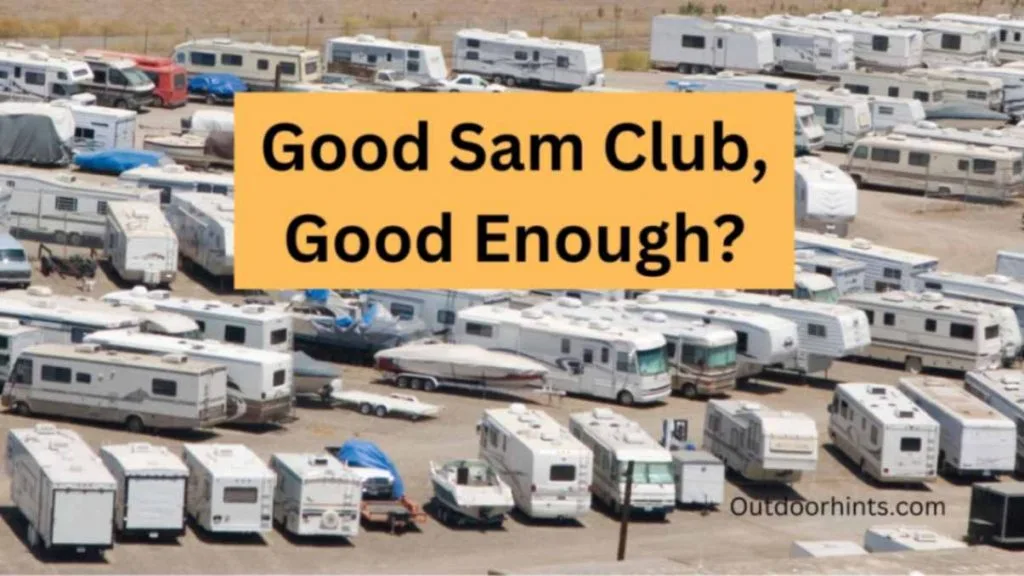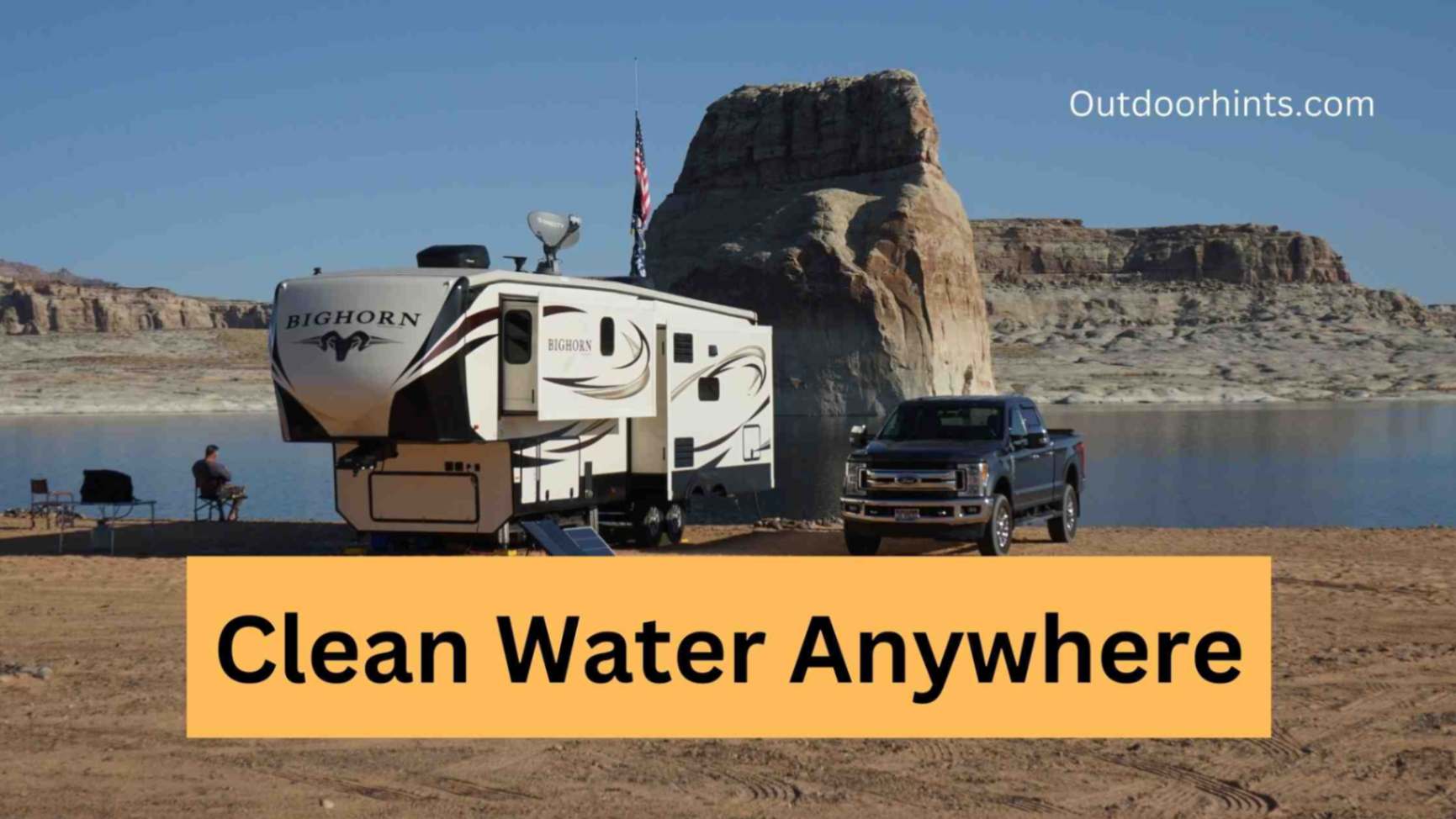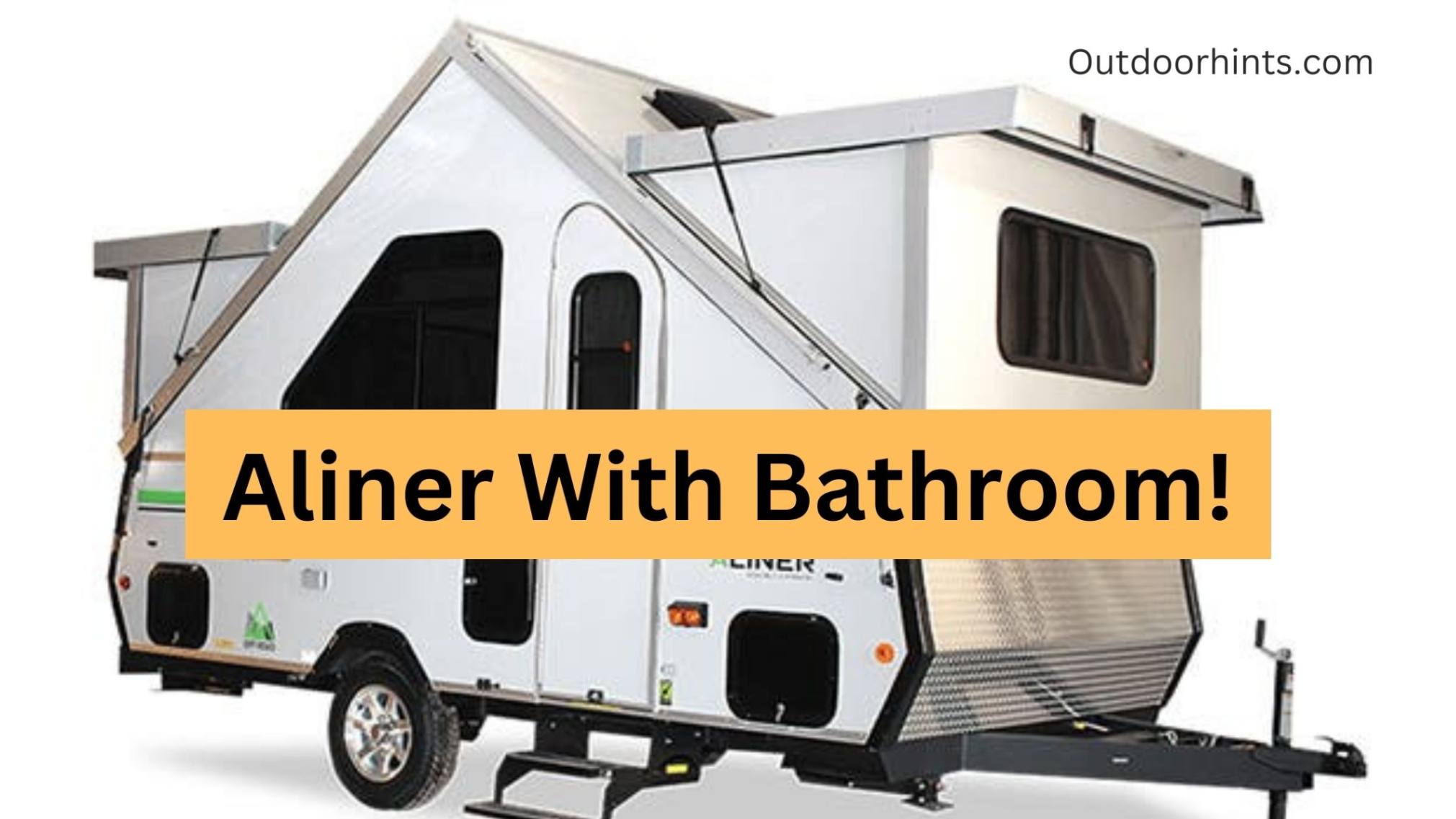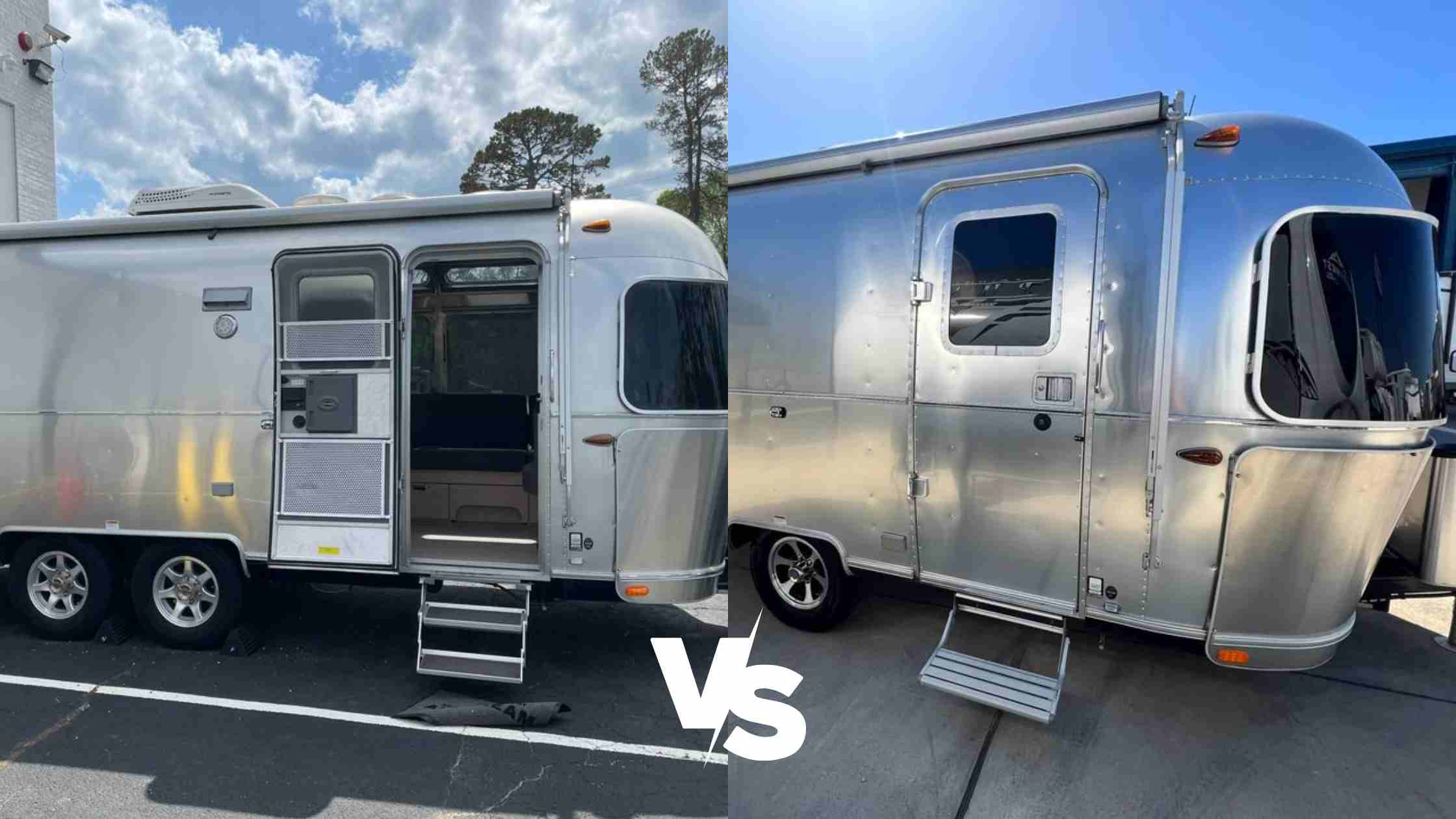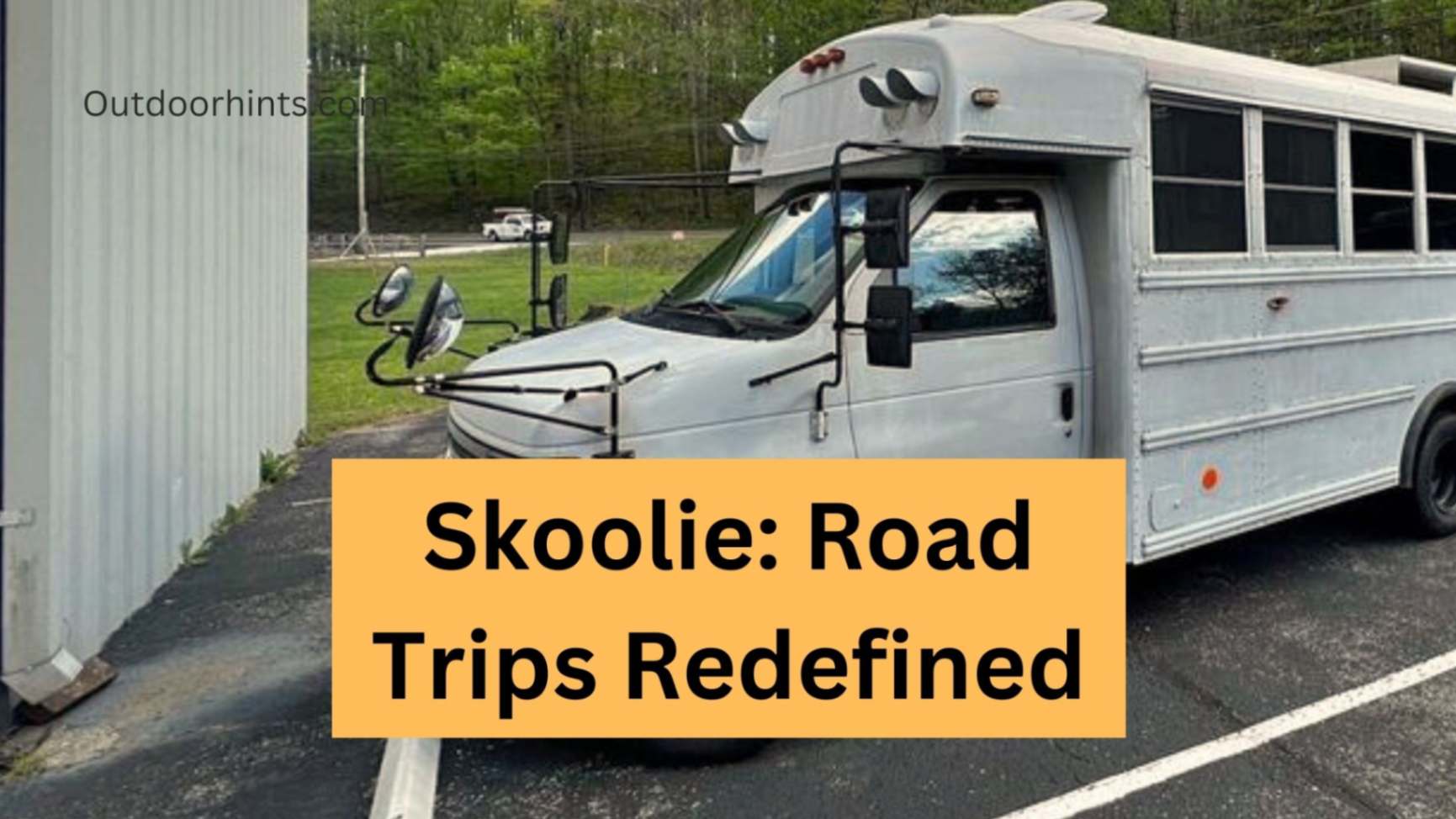Do Motorhomes Hold Their Value?

Introduction

Are you considering purchasing a motorhome but worried about its resale value? It’s no secret that vehicles depreciate in value over time but what about motorhomes? Do they hold their value or are they just another money pit to drain your wallet? In this blog post we’ll explore the factors that affect the resale value of motorhomes & answer the burning question: do motorhomes really hold their value? Whether you’re seasoned RVer or newbie dreaming of life on the open road read on to discover everything you need to know before making your next purchase.
Motorhomes Which Hold Their Value (3 Examples)
When it comes to investing in a motor home one of the biggest concerns is whether or not it will hold its value over time. While many factors can affect resale value there are some motorhomes that have proven to maintain their worth better than others.
Firstly the Winnebago View/Navion has consistently been top contender for holding its value due to its reputation for quality construction & reliability. This Class C motorhome also boasts high fuel efficiency & spacious interior.
The Leisure Travel Vans Serenity has gained popularity in recent years due to its sleek design & high-end features like heated flooring & handcrafted cabinetry.
The Class B+ model provides comfort on long trips while still being easy to maneuver.
What Factors Affect Motorhomes Resale Value?
When it comes to selling motor home resale value is vital consideration. However there are several factors that can significantly impact the price you can get for your vehicle.
One of the most critical determinants of motorhome resale value is the age & condition of the vehicle. Older vehicles with significant wear & tear will typically have lower resale value than newer ones in excellent shape.
By keeping these factors in mind when purchasing or maintaining your motor home you’ll increase its potential resale value down the road!
What is the life expectancy of motorhomes?
Motorhomes are significant investment so it’s reasonable to wonder about their lifespan. The answer is that it depends on several factors. The first consideration is the class of motorhome: Class A, B or C.
Class motorhomes typically have longer lifespan as they’re built with more durable materials than other classes & designed for long-term living. They can last up to 20-30 years if maintained properly.
Class B motorhomes are smaller in size & typically last between 15-25 years due to the wear & tear from regular use.
Class C motorhomes usually last around 10-20 years because they’re made of lighter materials compared to Class models & take more abuse on the road.
Class A
It has Lifespan of 20 to 27 years or more.
Class motorhomes are the largest & most luxurious type of RVs. They offer ample space high-end amenities & exceptional comfort for extended trips. These vehicles are built on commercial truck chassis with flat front ends that provide plenty of interior space.
One major factor affecting the resale value of Class motorhomes is their size & age. The larger the vehicle the more expensive it will be to maintain & operate over time. Regular maintenance can help prevent costly repairs down the road while also ensuring that all components are functioning properly.
Class B
It has Lifespan of 19 to 25 years or more.
Class B motorhomes also known as campervans are the smallest of the three classes. They are built on van chassis & offer compact living space for two to four people.
One of the biggest advantages of Class B motorhomes is their maneuverability. These vehicles can easily navigate through narrow streets & fit into standard parking spaces making them ideal for city travel.
Class B motorhomes hold their value quite well because they’re considered versatile vehicles that can serve multiple purposes – from being an everyday vehicle to hitting the road for weekend getaways or even longer vacations.
Class C
It has Lifespan of 17 to 24 years or more.
Class C motorhomes are a popular choice among RV enthusiasts. These types of motorhomes offer the convenience of smaller size making them easier to maneuver on the road & park in tight spaces. They also provide more living space than Class B with most models featuring an over-cab bunk area.
One advantage of Class C motorhomes is that they often have better fuel efficiency compared to their larger counterparts such as Class motorhomes. This means that you can save money on gas during your travels.
Additional Reads: If you're interested in maximizing your RV experiences, you might want to check out our article on the benefits of RPI RV campground membership.
Is it worth buying 20 year old motorhome?
If you’re considering purchasing 20 year old motorhome there are few things worth taking into consideration. It’s vital to have any potential purchase thoroughly inspected by qualified mechanic before making any decisions.
Another factor to consider is technology – older motorhomes may not have modern features such as electric slide-outs or touchscreen control panels. This could be a deal breaker for some buyers who prioritize convenience & comfort.
What Is The Typical Depreciation Of An RV Or Camper?
One of the most commonly asked questions when it comes to motorhomes is about their depreciation. The typical depreciation of an RV or camper will vary depending on several factors such as age condition, model type & class. In general Class motorhomes tend to depreciate faster than Class B or C models due to their higher starting price point.
Class motorhomes may lose up to 30% of their value in the first year alone. By the fifth year they could have lost up to 50% of their original value. Conversely Class B & C models may only lose around 20-25% after five years.
Class motorhomes are the quintessential RV offering ample space & luxury amenities for extended travel. One factor that affects the resale value of Class motorhomes is their age. As with any vehicle newer models tend to hold their value better than older ones. However, well-maintained older Class A’s can still fetch decent prices on the market.
Class A
Class A motorhomes, may experience a depreciation of up to 25% in the first year and 40% within the first three years.
Class B
Class B motorhomes may depreciate up to 20% in the first year and 35% within the first three years.
Class C
Class C motorhomes, on the other hand, may experience a depreciation of up to 15% in the first year and 30% within the first three years.
What affects motorhome depreciation?
The depreciation of a motor home is affected by various factors such as age, condition & maintenance. The overall design & features of the motorhome also play an essential role in its resale value.
Another significant factor affecting depreciation is the type of material used for construction. Motorhomes made with high-quality materials can withstand wear & tear better than those constructed with cheaper materials. Market trends can affect how much your motorhome depreciates over time.
Which class motorhome has the best resale value (With Examples)
When it comes to motorhomes the class category tends to hold its value better than the others. These are typically larger & more luxurious motorhomes that offer plenty of space & amenities for travelers.
One example of a class motorhome that holds its value well is the Tiffin Allegro Bus. This high-end motorhome offers top-of-the-line features such as heated floors, full-size refrigerators & even built-in fireplace in some models. Another example is the Newmar Dutch Star which has been a popular choice among RV enthusiasts for many years.
Things That Make Motorhome Lose It’s Value
There are several factors that can cause a motor home to lose its value over time. The most common of these include collision damage wear & tear water damage & outdated technology.
Collision damage is one of the most significant factors that can lower motor home’s resale value. Even seemingly minor accidents can result in expensive repairs that may not be fully covered by insurance. This includes things like worn-out upholstery, damaged flooring or cabinets & general signs of aging throughout the vehicle.
Collision Damage & Wear & Tear
Motorhomes like any other vehicle are susceptible to collision damage & wear & tear. Collision damage can be caused by an accident or even minor fender bender. When the motorhome is involved in an accident the value of the motorhome decreases significantly. Even if it has been repaired properly there will still be some loss in value.
Wear & tear is another factor that affects the resale value of motorhome. Over time as you use your RV for camping trips or road trips it begins to show signs of wear & tear. This includes everything from scratches on the exterior to worn-out furniture on the inside.
To prevent collision damage & excessive wear & tear on your motorhome it’s important to take care of your RV properly. Regular maintenance checks can help identify problems early before they get worse & lead to costly repair bills down the line.
Water Damage
Water damage is a severe issue that can significantly affect the value of motorhomes. Water can seep into various parts of the vehicle causing structural damage & mold growth. The most common areas for water damage include around windows & doors roofs & plumbing systems.
Leaky windows or improperly sealed doors can cause water to enter the motorhome during rainstorms or when driving in wet conditions. This kind of exposure to moisture over time results in rotting wood panels & interior walls.
Roof leaks are another leading cause of water damage in motorhomes. Poorly maintained roofs with cracks or holes allow water to penetrate through them leading to significant structural problems.
Other factors
Aside from collision & water damage there are other factors that can affect the resale value of motorhomes. One of these is the overall condition of the vehicle. Motorhomes that have been well-maintained & kept in good condition will generally have higher resale value than those that have not.
Economic conditions can also play a role in how much a motor home is worth at any given time. During times of economic uncertainty or recession buyers may be more hesitant to invest in large purchases like recreational vehicles.
Conclusion
Motorhomes can hold their value if they are well-maintained & have desirable features. Class B motorhomes tend to hold their value better than other classes due to their versatility & fuel efficiency. By doing so you’ll be able to make an informed investment that suits your needs both now & in the future.
